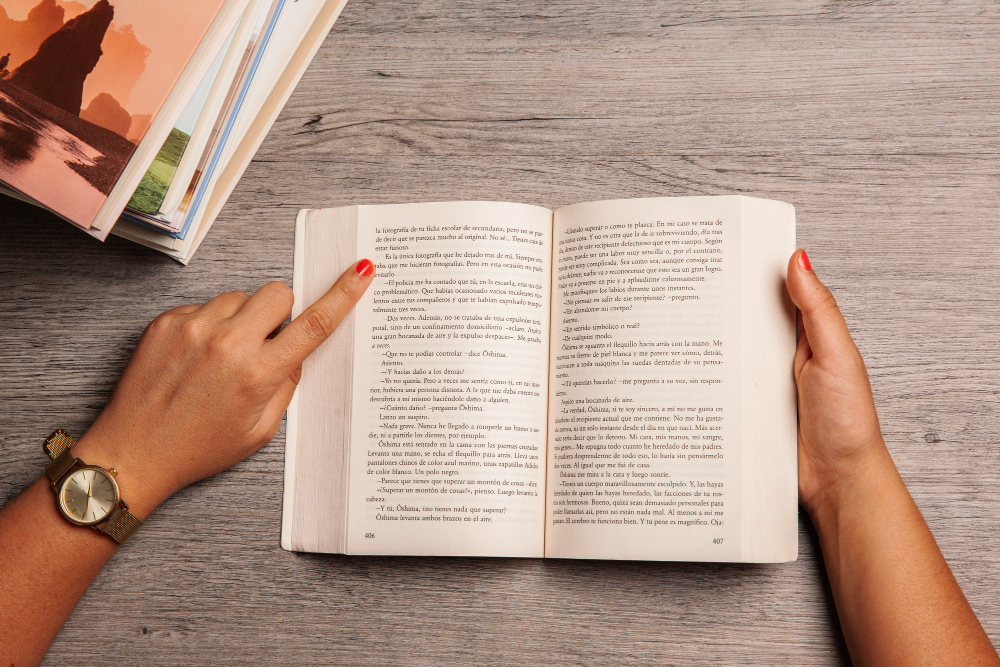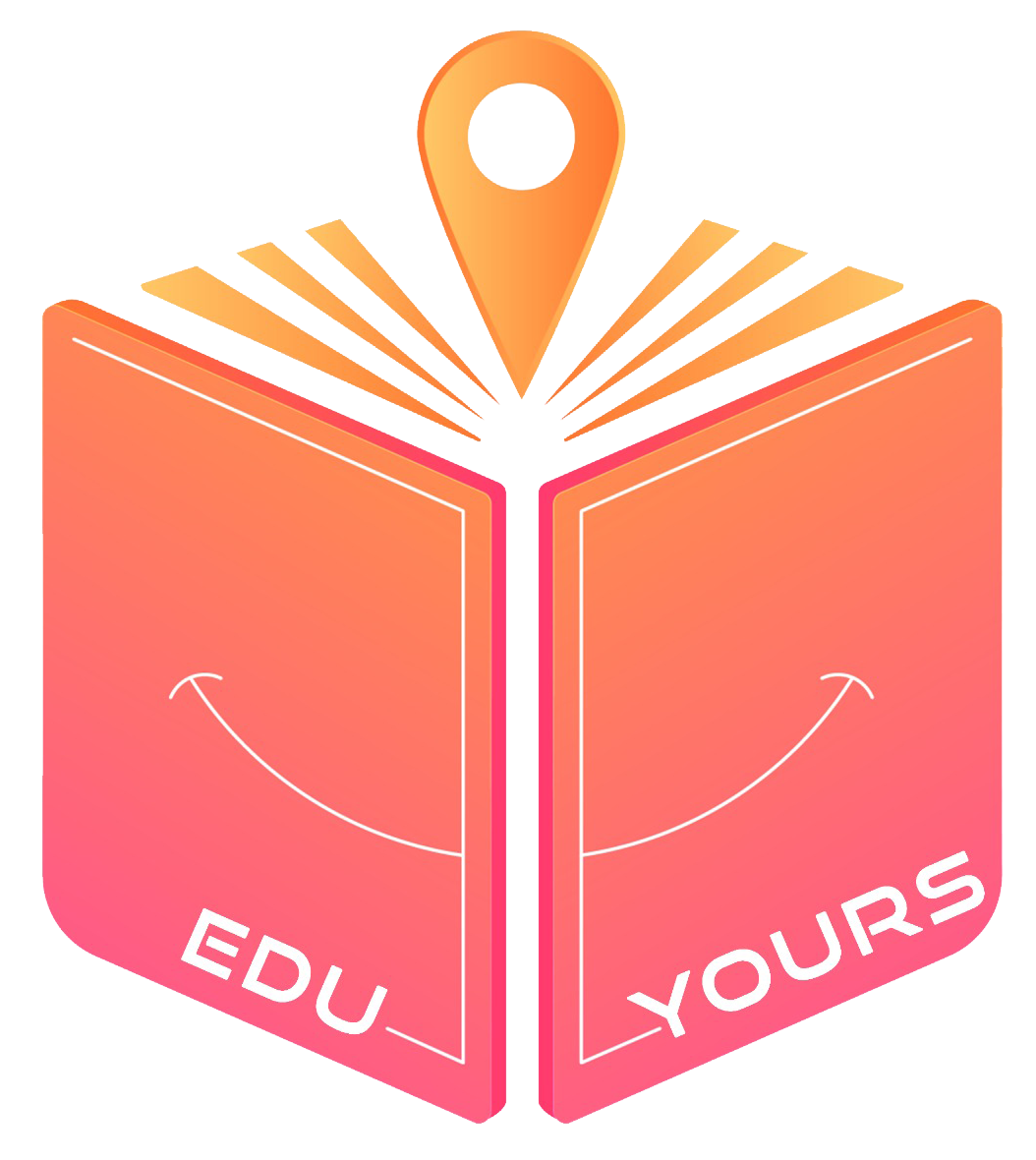- Empty cart.
- Continue Shopping
The Role of Books in Personal Development: Unlocking Your Full Potential

Overview
In today’s fast-paced world, where distractions are endless and information is available at the click of a button, the importance of self-improvement can easily get overshadowed. People often seek advice from social media influencers, life coaches, or motivational speakers. However, one of the most enduring and valuable sources of personal growth remains timeless—books.
Books have always been a gateway to personal development. From ancient wisdom to modern psychology, from self-help to fiction, reading can help shape who we are and who we become. Whether you want to understand yourself better, build your skills, or transform your mindset, books are the key that unlocks a world of possibilities. In this blog, we’ll explore the various ways in which books can fuel personal development and why you should make reading a part of your daily routine.
1. Books Enhance Self-Awareness
Before embarking on any journey of personal growth, it’s essential to understand who you are, where you stand, and where you want to go. Books, particularly those in the genres of philosophy, psychology, and memoirs, provide deep insights into the complexities of human nature. By reading, you gain access to the thoughts, feelings, and experiences of others—whether they are real people or fictional characters.
- Reflection Through Fiction: Novels often allow readers to explore the emotional and psychological lives of characters, making them reflect on their own feelings, desires, and motivations. For example, reading books like The Catcher in the Rye by J.D. Salinger or The Bell Jar by Sylvia Plath can prompt self-reflection about personal struggles, relationships, and identity.
- Understanding Psychological Concepts: Books such as Man’s Search for Meaning by Viktor Frankl or The Power of Now by Eckhart Tolle provide a deeper understanding of the mind. Frankl’s exploration of finding purpose in life, even in the most dire circumstances, offers a framework for assessing one’s own sense of meaning and direction in life.
Through books, we can confront our fears, biases, and misconceptions, ultimately making strides toward greater self-awareness and emotional intelligence.
2. Books Expand Your Knowledge and Skillset
Personal development is often associated with acquiring new skills—whether it’s improving your communication, leadership abilities, financial literacy, or emotional regulation. Books are perhaps the most comprehensive and efficient tools for learning.
- Develop New Competencies: Books can introduce you to concepts and skills you might not otherwise be exposed to. For example, reading Atomic Habits by James Clear can help you build small habits that lead to significant improvements over time. Similarly, The Lean Startup by Eric Ries is an essential read for anyone looking to improve their entrepreneurial skills or understanding of business innovation.
- Master Your Mindset: Personal development books like The 7 Habits of Highly Effective People by Stephen Covey or Mindset: The New Psychology of Success by Carol Dweck explore how our beliefs about our abilities can shape our outcomes. Dweck’s idea of a “growth mindset” encourages readers to see challenges as opportunities for learning rather than obstacles.
- Learn from Experts: When you read a book, you’re learning directly from the knowledge and experiences of experts. Whether it’s a book on finance like Rich Dad Poor Dad by Robert Kiyosaki or on public speaking like Talk Like TED by Carmine Gallo, books give you access to insights that would otherwise take years to accumulate.
By reading widely, you can continually refine your skills, stay updated in your field, and be more adaptable in an ever-changing world.
3. Books Foster Personal Transformation
While many people associate personal development with small, incremental changes, there are moments when transformative, life-changing realizations can occur. Books are often the catalyst for these profound shifts in thinking.
- Shifting Mindsets: Reading books about mindset and emotional intelligence can lead to significant personal transformation. For instance, The Four Agreements by Don Miguel Ruiz offers practical wisdom for breaking free from self-limiting beliefs and living authentically. Similarly, You Are a Badass by Jen Sincero encourages readers to let go of fear and embrace their inherent power and potential.
- Overcoming Limiting Beliefs: Many self-help books help identify and challenge the limiting beliefs that hold us back. The Subtle Art of Not Giving a Fck* by Mark Manson, for example, challenges traditional notions of success and happiness, encouraging readers to prioritize what truly matters and let go of societal pressures.
- Spiritual Growth and Reflection: Books like The Alchemist by Paulo Coelho or The Art of Happiness by the Dalai Lama offer spiritual and philosophical insights that can lead to personal transformation. They prompt readers to look beyond material success and focus on deeper fulfillment and inner peace.
Books provide not just a step-by-step guide for personal improvement but also the inspiration to break free from old patterns and begin anew. This ability to inspire transformation is one of the most powerful aspects of reading.
4. Books Cultivate Emotional Intelligence
Emotional intelligence (EI) is one of the most crucial components of personal development. It involves the ability to recognize and manage your own emotions, as well as understand and influence the emotions of others. Books are an excellent resource for building emotional intelligence, as they help you develop self-awareness, empathy, and interpersonal skills.
- Empathy Through Literature: Reading fiction allows us to put ourselves in the shoes of characters from diverse backgrounds and experiences. Books like To Kill a Mockingbird by Harper Lee or The Kite Runner by Khaled Hosseini offer readers an opportunity to explore the lives and emotions of people who may be very different from themselves, fostering a deeper sense of empathy and understanding.
- Understanding Emotional Triggers: Books such as Emotional Intelligence by Daniel Goleman provide practical insights into recognizing emotional triggers and developing healthier ways to respond to them. Goleman’s book highlights the importance of EI in leadership, relationships, and personal well-being, providing readers with actionable strategies to enhance their emotional skills.
- Building Better Relationships: Whether it’s learning to communicate more effectively or understanding the dynamics of conflict resolution, books can help you navigate the complexities of relationships. Crucial Conversations by Al Switzler, Joseph Grenny, and Ron McMillan offers strategies for engaging in high-stakes discussions, while The 5 Love Languages by Gary Chapman helps readers understand how to communicate love and affection in ways that resonate with their partners.
Through reading, we can expand our emotional toolkit, making us more aware, compassionate, and effective in both our personal and professional lives.
5. Books Encourage Lifelong Learning and Curiosity
Personal development is a lifelong pursuit. One of the most essential elements of personal growth is the ongoing desire to learn and expand your knowledge. Books are unparalleled in fostering this curiosity.
- Promoting Intellectual Growth: Reading introduces you to new concepts, challenges your assumptions, and encourages critical thinking. Whether you’re reading about history, science, technology, or literature, books provide an endless source of information that feeds your intellectual curiosity. Books like Sapiens: A Brief History of Humankind by Yuval Noah Harari or The Gene: An Intimate History by Siddhartha Mukherjee can change the way you see the world and your place in it.
- Learning Across Disciplines: One of the joys of reading is the ability to explore multiple fields of interest. From biographies of influential figures like Steve Jobs by Walter Isaacson to books on creativity like Steal Like an Artist by Austin Kleon, reading encourages you to step outside your comfort zone and explore a variety of disciplines. This can lead to cross-pollination of ideas, sparking new insights and innovations.
- Continuous Self-Improvement: The more you read, the more you realize how much there is to know. The pursuit of knowledge becomes a self-sustaining cycle, as each book you finish leads you to new questions and areas to explore. Books like Deep Work by Cal Newport or Grit by Angela Duckworth inspire readers to focus on what truly matters and push their limits, while Outliers by Malcolm Gladwell examines the factors that contribute to extraordinary success.
Books cultivate a mindset of lifelong learning and a genuine desire to better oneself, fueling personal development well into adulthood.
6. Books Help You Navigate Life’s Challenges
Life is filled with obstacles—personal, professional, emotional, and even existential. Books can offer solace, guidance, and practical advice when faced with these challenges.
- Coping with Adversity: Reading books that address difficult subjects can provide comfort and perspective during tough times. Viktor Frankl’s Man’s Search for Meaning offers powerful lessons on finding purpose even in the face of extreme hardship, while The Gifts of Imperfection by Brené Brown provides valuable insights on embracing vulnerability and imperfection.
- Building Resilience: Books like The Obstacle Is the Way by Ryan Holiday teach resilience and the power of turning challenges into opportunities for growth. Holiday draws upon ancient Stoic philosophy to show how adversity can be a path to strength and personal empowerment.
- Inspiration and Motivation: Whether it’s the stories of individuals who have overcome immense odds or the practical advice on improving one’s mindset, books can motivate you when you’re feeling lost or uncertain. Grit by Angela Duckworth and The Power of Habit by Charles Duhigg both provide strategies for building persistence, discipline, and motivation—qualities essential for overcoming life’s hurdles.
Conclusion: The Transformative Power of Books
Books are not merely vessels of knowledge; they are gateways to self-improvement, personal growth, and a deeper understanding of the world and ourselves.



